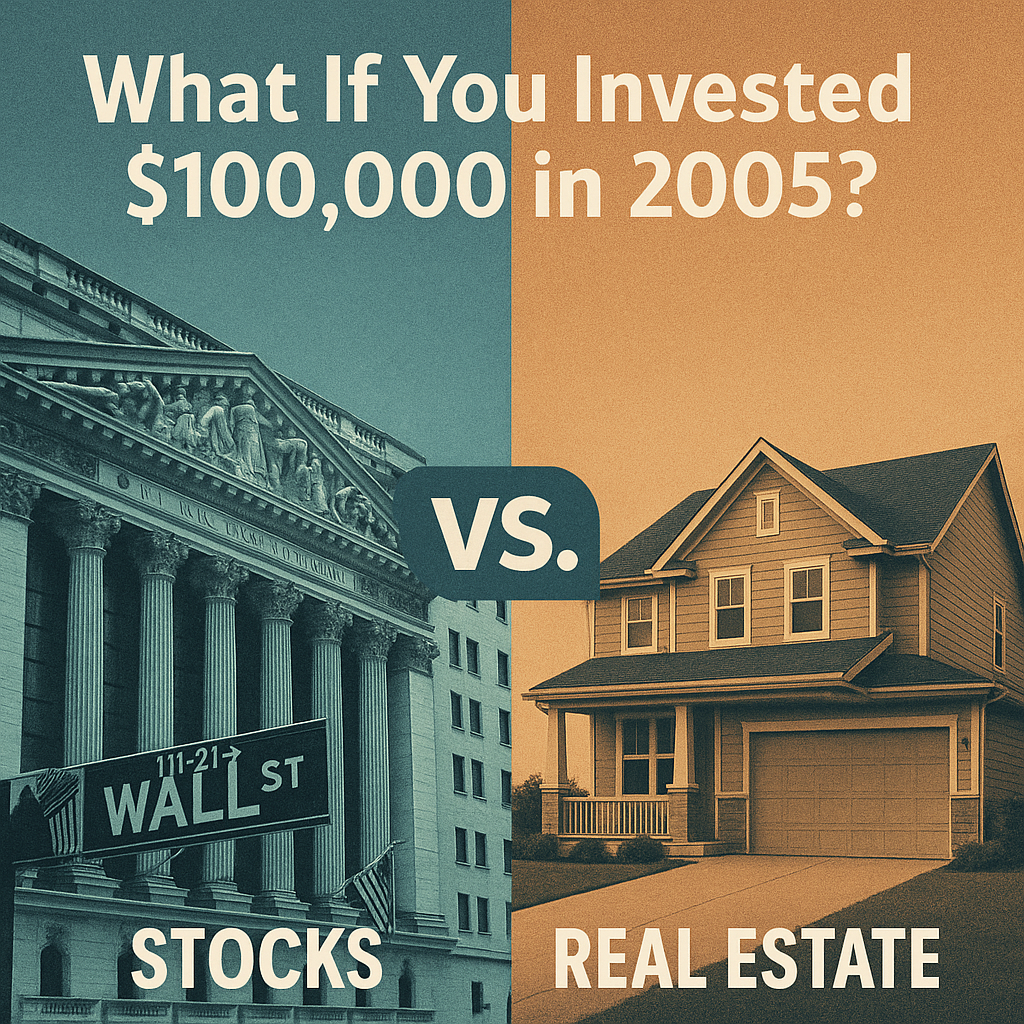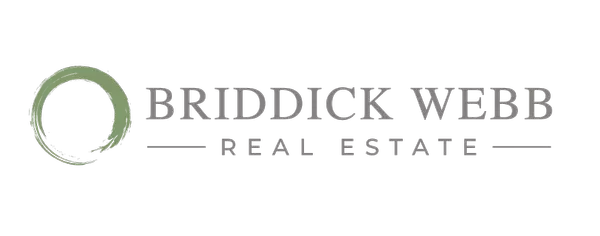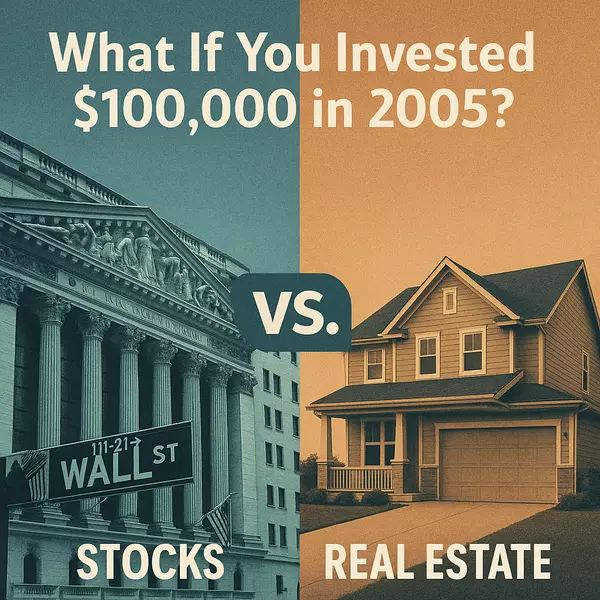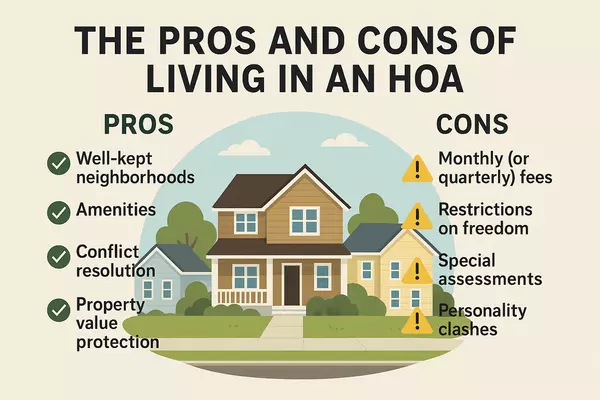What If You Invested $100,000 in 2005?
 What If You Invested $100,000 in 2005?
What If You Invested $100,000 in 2005?
Back in 2005, imagine you had $100,000 to put to work. What would you have done with it? Toss it into the stock market and let it ride? Buy a rental house outright? Or go bigger- use it as a down payment and leverage the bank’s money?
Fast-forward twenty years to today, 2025, and the results are pretty eye-opening.
The Stock Market Route
If you put your $100,000 into the S&P 500 back in 2005 and just left it alone, history shows you’d have done very well. With dividends reinvested, the market’s average return of about 9.6% a year would have grown your investment to around $630,000.
Now, Uncle Sam wants his cut, so after paying about 15% in capital gains tax, you’d be left with roughly $550,000. Not bad for doing literally nothing other than waiting. And the best part? You could sell at any time since stocks are about as liquid and effortless as investing gets.
Buying a Rental with Cash
Let’s say instead you took that same $100,000 and bought a little rental property outright in 2005. Fast forward to today: thanks to average appreciation, that home would now be worth around $250,000. Over the years, you’d also have collected roughly $250,000 in rent.
Of course, repairs, vacancies, and property management aren’t free, so after expenses your net cashflow would be closer to $120,000. Add in your after-tax sale proceeds, and all told you’d be sitting on about $322,000.
That’s a decent outcome, but compared to the stock market, it feels like your money worked half as hard. Without leverage, real estate just doesn’t have the same horsepower.
Playing the Leverage Game
Here’s where things get interesting. What if, instead of buying a $100,000 rental outright, you used that money as a 25% down payment on a $400,000 property? In 2005, that meant borrowing $300,000 at an interest rate of around 6%.
Fast forward to today: that $400,000 property would likely be worth closer to $880,000. Over 20 years, you’d have paid your loan down to about $174,000. That leaves you with roughly $706,000 in equity, plus around $50,000 in net rental income along the way. After taxes, your wealth would be about $626,000.
In other words, leverage allowed your $100,000 to work much harder than buying a place outright- even edging out the stock market.
What the Numbers Really Say
Looking at the three paths side by side tells the story:
-
The stock market turned $100K into roughly $550K with no effort.
-
A cash rental lagged far behind at about $322K.
-
A leveraged rental landed just over $626K, thanks to appreciation and loan paydown.
So, Which Was Better?
If you were purely chasing returns, both the stock market and a leveraged rental would have turned your $100,000 into over half a million dollars by now. The difference comes down to what kind of investor you are.
Stocks are easy, liquid, and hands-off; great for someone who wants to invest and forget. Real estate, on the other hand, is messier. It requires management, maintenance, and some level of risk tolerance. But with leverage, it can outpace the market.
And here’s the thing: the savviest investors don’t pick just one. They blend both using stocks for liquidity and long-term growth, and real estate for leverage, tax perks, and steady income streams.
👉 Bottom line: If you had $100,000 in 2005, the market and leveraged real estate both would’ve paid off big. The real question is how much work, and how much risk, you’d have been willing to take on to get there.
Categories
Recent Posts











Managing Broker | License ID: 26476
+1(360) 920-1218 | briddick@agentsinbellingham.com

